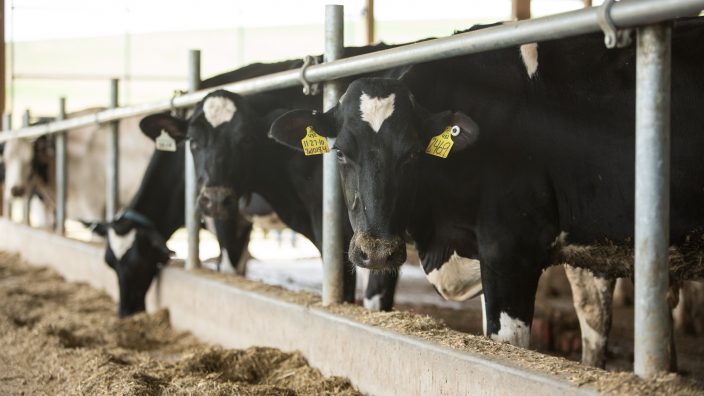Applications for Ohio Farm Bureau Health Plans now available
Members have three ways to apply: contacting a certified agent, calling 833-468-4280 or visiting ohiofarmbureauhealthplans.org.
Read MoreDairy farmers in Ohio and across the country who sold milk to Dean Foods prior to the company’s bankruptcy are now being asked to help Dean Foods pay for its debt. Those farmers have received debt settlement letters demanding dairy farmers repay money they made for producing and shipping milk. What should you do if you receive one of these letters? Ohio Farm Bureau’s Policy Counsel Leah Curtis discusses the issue on this Legal with Leah.
d
Listen to Legal with Leah, a podcast featuring Ohio Farm Bureau’s Policy Counsel Leah Curtis discussing topics impacting farmers and landowners.
Ty Higgins [00:00:00] Dairy farmers in Ohio and surrounding states who sold milk to Dean Foods prior to the company’s bankruptcy last year are now being asked to help Dean Foods pay for their debt. Those farmers have received settlement letters demanding dairy farmers repay money they made for producing and shipping milk. So if you get this letter in the mail, what do you do? That’s our topic today for Legal with Leah. Leah Curtis, my guest. She’s policy counsel with Ohio Farm Bureau. And Leah, you know, things like this aren’t uncommon when it comes to bankruptcy. There’s actually a term for it.
Leah Curtis [00:00:30] So these are preference letters, what we often call them, but basically it’s a claw back or a recapture of any payments that were made in the 90 days prior to the company or the person filing for bankruptcy. And actually, if you’re an insider, like a family member or something, then it can be up to a year any payments that were made. So we see this pretty frequently in bankruptcy situations, but I would say we haven’t seen a lot in agriculture in the past.
Ty Higgins [00:01:02] What are the reasons for this type of law?
Leah Curtis [00:01:04] So there’s a few reasons. Number one is that the trustee who takes over the bankruptcy is going to disburse all the funds. They want to make sure that all the creditors are paid in the appropriate manner in the appropriate order. And then there’s also a fraud component to someone who is filing for bankruptcy, from using payments to family members or friends, or selling off assets to try to either hide money or hide assets or maybe pay off debt that they want to get rid of first before they file for bankruptcy. Just the way to prevent fraud in the bankruptcy process.
Ty Higgins [00:01:39] So it’s not unheard of to get these types of letters in a bankruptcy situation, but these are a little bit different. Why?
Leah Curtis [00:01:45] So this is a little different because the dairy industry is just such a highly regulated industry. The marketing, the pricing, the payment, all of that is largely set by federal regulation and statute. And so whereas you might have a bankruptcy in, say, a department store, those things are not highly regulated, that they pay their bills when they pay their bills. Whereas with milk, we all know the prices are set, the payment terms are set. There’s not really any choice in making a different situation when it comes to milk.
Ty Higgins [00:02:18] So when it comes to this clawback effect in bankruptcies, are there any exceptions to the rule?
Leah Curtis [00:02:23] So one very important one that may very well apply in this situation is what’s called the ordinary course of business exception. So if payments were made in the ordinary course of business between the two parties and also in ways that are ordinary for the industry, they’re both an objective and a subjective test, then usually the court considers them not appropriate for recapture. Those are things are just ordinary as a part of business. There was no fraud, clearly, and so those would not be clawed back. Then there’s also an exception for what’s called contemporaneous exchange. So if a payment was made for an exchange for goods contemporaneous with delivery, that may not be qualified for clawback and then a subsequent new value defense as well, where if you’ve added value and that payment was for that new value, not for a previous debt, then it may also not be appropriate for recapture.
Ty Higgins [00:03:15] We have heard from members across Ohio that have received this letter from Dean Foods. Many recipients of the debtor letters are independent farmers. They’re already struggling through difficult economic times, made worse by the COVID-19 pandemic. And on behalf of these dairy farmers, Farm Bureau is taking action. Zippy Duvall, president of American Farm Bureau, said, “Shame on these predatory lawyers for bullying dairy farmers at a time when many are struggling to keep their farms running….it’s ludicrous to suggest the meager profits from regularly scheduled and routine milk sales, sales that are heavily watched and regulated by the federal government or outside the regular course of business. Someone needs to have the farmers’ backs, and I’m proud to say AFBF is stepping in and doing just that.”
OFBF here at the Ohio level is here to help as well. What are we seeing being done by Farm Bureau at the federal and state level right now, Leah?
Leah Curtis [00:04:04] AFBF has sent a letter to the law firm that has sent out these letters. Keep in mind, this is a national situation. They’re sending letters to people all over the country. So AFBF has taken the step of contacting that law firm and asking them or demanding that they retract these letters and recognize that in large part, these payments are subject to some of those defenses as exceptions that we talked about. And they should not, producers should not have to be dealing with this. So we will see how the law firm responds to that. We are also at OFBF working to find some legal counsel that we know could help farmers with these situations. Bankruptcy is a pretty unique situation. It’s not something that every lawyer practices. So we are working to surface if we do need to refer people to legal counsel who we can get them connected with to work through this issue.
Ty Higgins [00:04:58] Seeing major backlash all over the country on social media as well. That might help guide this direction in the right direction for dairy farmers across Ohio and across the country. Leah Curtis is policy counsel with Ohio Farm Bureau. This has been Legal with Leah. I’m Ty Higgins. We’ll see you down the road.


Members have three ways to apply: contacting a certified agent, calling 833-468-4280 or visiting ohiofarmbureauhealthplans.org.
Read More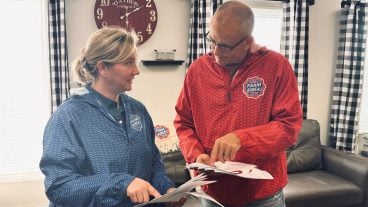
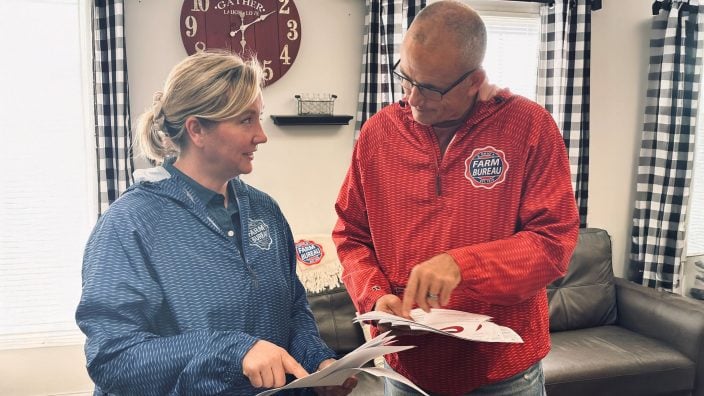
One of the best decisions Shannon and Heather Utter made a few years ago was looking into a Farm Bureau member benefit that has ended up saving them thousands of dollars on their energy bills.
Read More

Ryan Hiser has experienced first-hand the importance of having the opportunity to vote on issues that will affect his family operation and other farmers.
Read More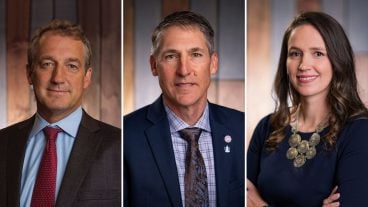
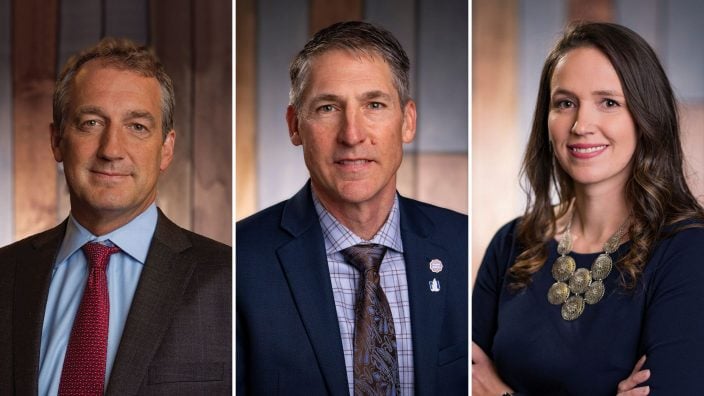
Bill Patterson, Cy Prettyman and Adele Flynn will continue to serve as officers for Ohio Farm Bureau Federation.
Read More
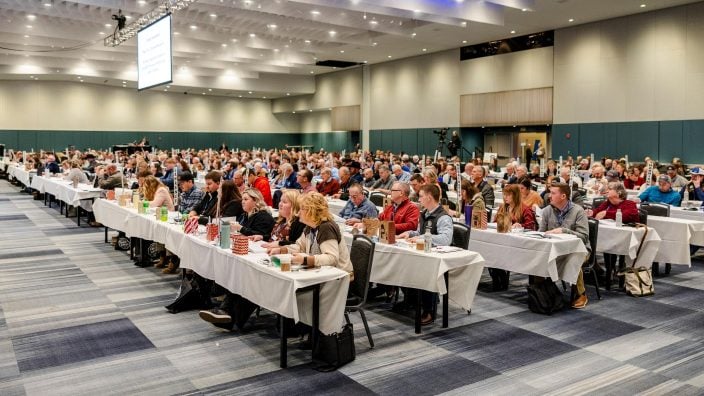
Delegates discussed many topics impacting agriculture including farmland preservation, local foods, and succession planning.
Read More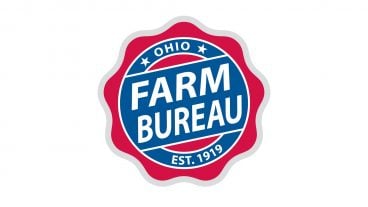
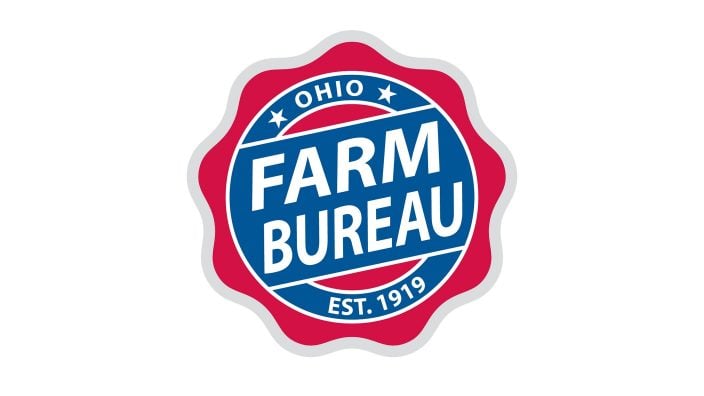
Twenty-six farmers govern the state’s largest farm and food organization.
Read More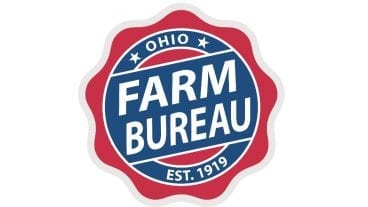
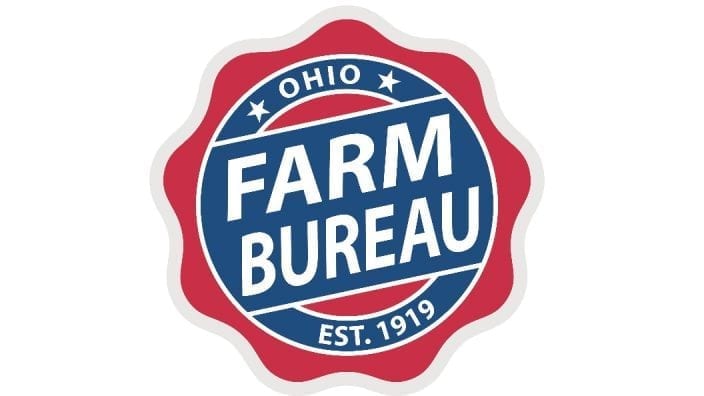
The 2025 recipients are Fred Cooke (posthumous) of Richland County, Marvin Dietsch of Williams County, Steven Knollman of Hamilton County and Michele Miller (posthumous) of Ottawa County.
Read More
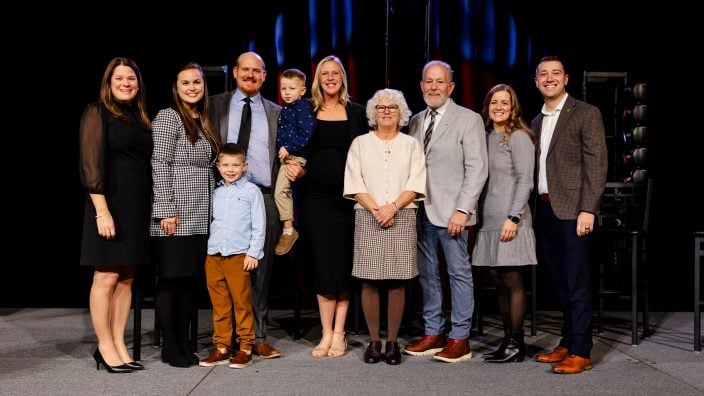
Nathan and Jill Parriman grow seasonal crops, including Christmas trees, pumpkins and cut flowers, providing U-cut experiences that invite customers to engage directly with agriculture.
Read More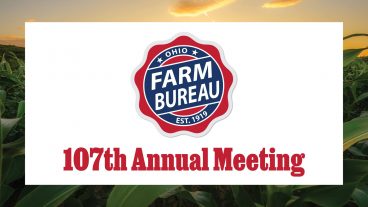
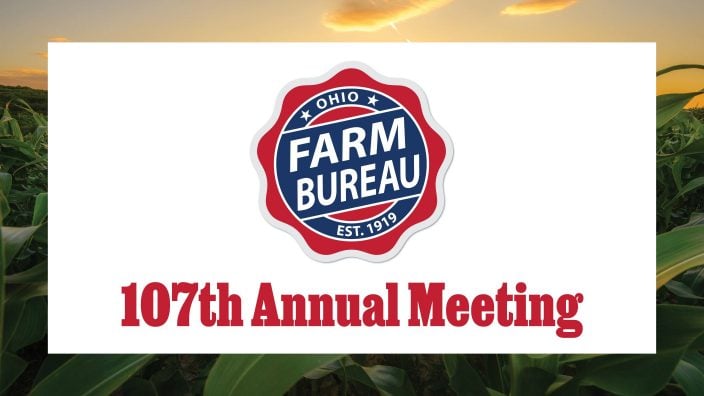
The 2025 Distinguished Service Award recipients are Craig Adams, Mike Townsley, and Kellogg Farms, Kurt Farms and Stateler Family Farms.
Read More

Ohio Farm Bureau Treasurer Adele Flynn participated in the meeting, representing Ohio farmers.
Read More